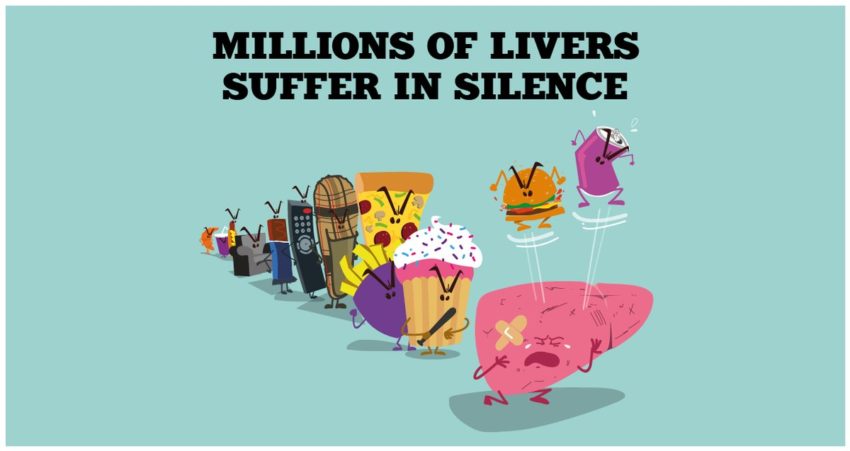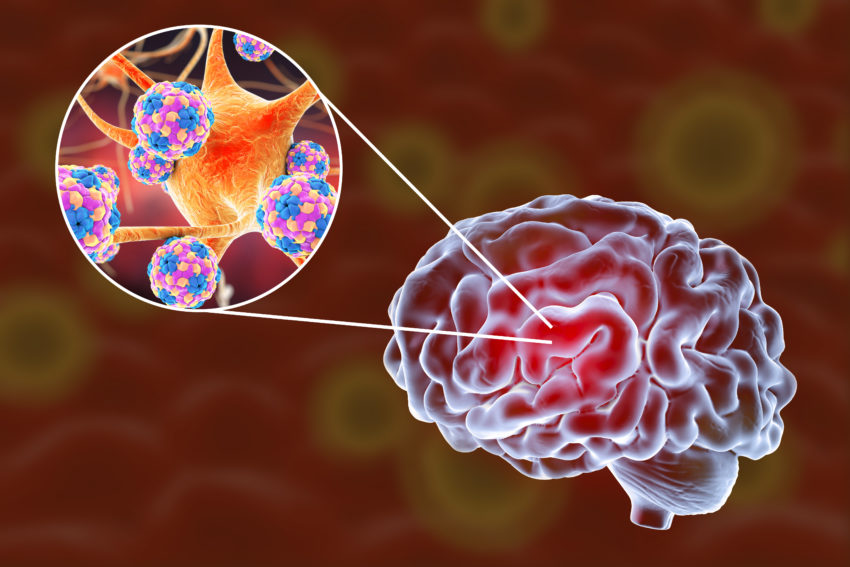The ‘Silent’ Liver Disease Epidemic among Latinos

More than 150 worldwide medical experts issued a manifesto to fight liver disease, called NASH (nonalcoholic steatohepatitis), as part of the first-ever NASH Day on June 12, 2018. But just what is NASH? Why is it so important to Latinos? NASH and Our Diets NASH is a liver disease that stems from high-sugar, high fat diets. "To compensate, [our livers] start storing excess fat. If nothing changes, such as diet or exercise, our livers get inflamed — which is what we call hepatitis. Eventually, the disease progresses to nonalcoholic cirrhosis, liver failure, liver cancer, the need for a liver transplant and even death," according to a San Antonio Express-News report. NASH is a rising public health threat for several reasons. It could lead to needing a liver transplant, which ...
Read More







